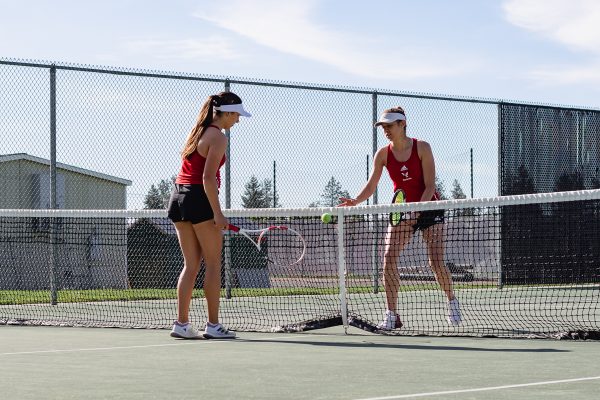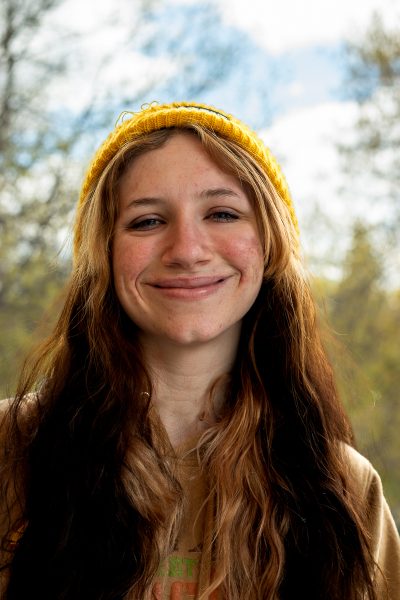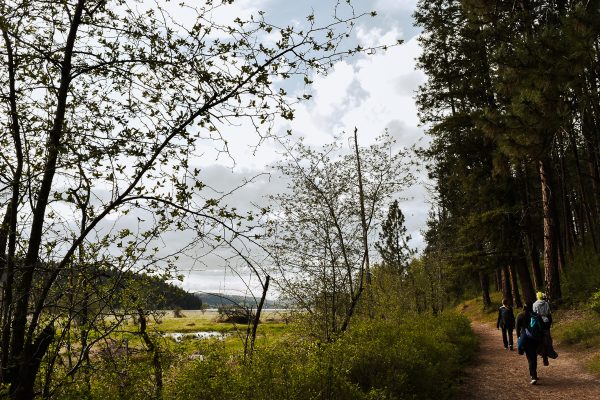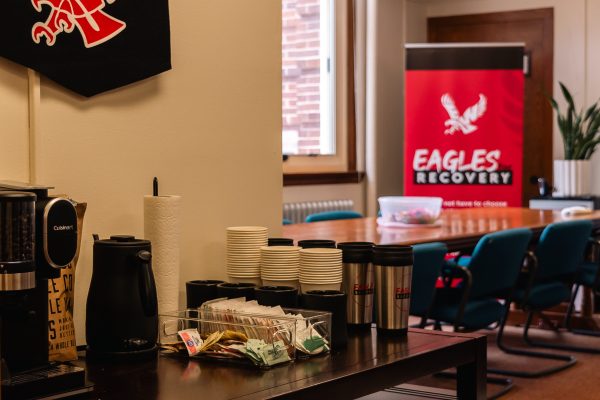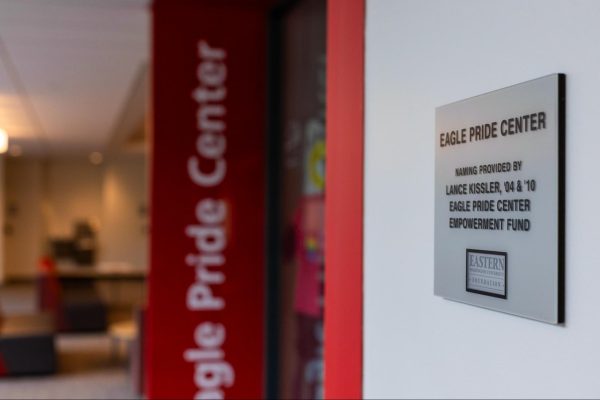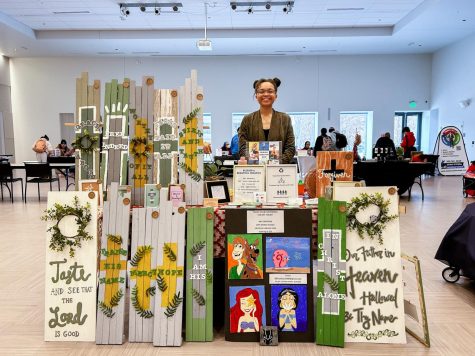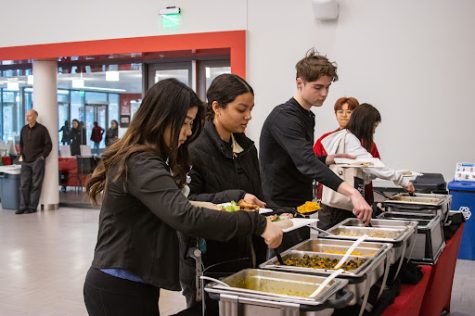Professor angling for solutions to fish problem

May 20, 2013
Professor Al Scholz sits in his office, surrounded by the books he wrote and his students’ theses, concentrating on what he can recommend to save the salmon.
Scholz, a professor of biology, heads the fish research facility at EWU. He, along with a small staff of graduate students, works on a variety of projects developing methods of controlling the salmon ecosystems in the Northwest.
In the 1980s, according to Scholz, American Indian tribes in the Inland Northwest were starting to become more involved with fish restoration and contracted Eastern to help.
“We’re actually contracted with the Bonneville Power Administration because the Spokane [tribe] subcontracts us,” Scholz said.
Projects involving Eastern have gone through trial and error. One example, as Scholz said, involves the Lake Roosevelt project. It first revolved around trying to get kokanee population levels to grow using egg collection and migration, but when that was employed, another problem arose: invasive species that are not native to the region.
Fish like walleye and smallmouth bass are not native Washington fish, according to the Washington Department of Fish and WIldlife.
A two-year study conducted by Scholz and the graduate students found that these invasive species ate half the kokanee and rainbow trout populations combined. It forced, according to Scholz, the recommended lift of restrictions on walleye angling, effectively starting a removal program.
Graduate students, like Aaron Stroud, work on different projects like focusing on how rainbow trout are able to go back to their birthplace.
“We put transmitters on them and track their positions,” said Stroud.
Stroud was a former nursing student at Washington State University. He first gained an interest in fishing populations when he went out on field studies with his wife for her own thesis project.
“I was like, ‘Hey, this is way better than nursing,’” he said.
Another aspect about the program Stroud said he liked how he and the other graduates, can be more hands-on because Eastern is a small school.
“I feel like I couldn’t do this at a larger school because there would be more people working on the same thing,” he said.
Mark Paluch, another graduate student, works on a bulltrout project, trying to relocate them so their populations can thrive.
Bulltrout are listed as endangered species by the Department of Fish and Wildlife.
“There’s a wide variety of projects people are working on,” Paluch said. “And everyone gets to help.”
According to Paluch, there is a close-knit dynamic with the research group.
“If you’re going to go on field studies in bad weather or during the night, you got to get along,” he said.
Since 1980, the time Scholz started working at Eastern, he said that there was not much of a fish research industry up in the Inland Northwest. There were about three different jobs dedicated to salmon populations and since that time that number has grown.
He said he is proud of the more than 100 students he has trained and put out into the workforce that he now gets to work with in a professional setting.
“I had to give a presentation and there were 12 people in the room and five of them were my former students,” he said.
Job creation for the region is just one aspect that Scholz said he impacted as well as the support for graduate students on the whole. Over the time he has spent at Eastern, he said he accumulated over $10.6 million in grants for graduate students’ payrolls.
“Al [Scholz] gives us a lot of opportunities,” Paluch said.



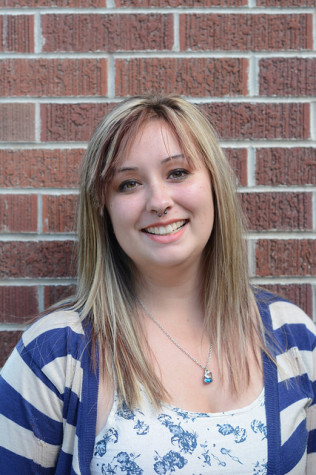


![Simmons said the biggest reasons for her success this year were “God, hard work, and trusting [her] coach and what she has planned.”](https://theeasterner.org/wp-content/uploads/2024/05/image1-1-1200x800.jpg)

